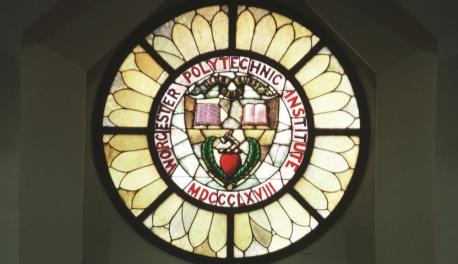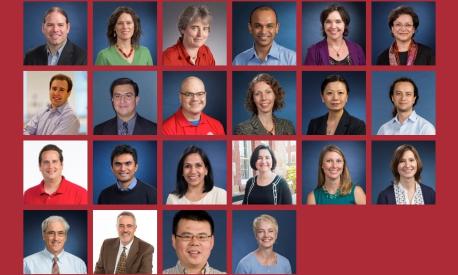

Autonomous vehicles – aircraft, cars, rovers, over- and underwater vehicles that can move in the real world by themselves without human pilotage – have gained immense importance not only due to the broad spectrum of their potential military and civilian applications, but also due to the concurrent development of sensor technology and embedded systems that enable the realization of true autonomy. These vehicles may be assigned tasks that are dull and/or repetitive, such as mobile surveillance or cleaning and maintenance; tasks that are dangerous for humans, such as military transportation via hostile territory, large-scale fire fighting, and repair and recovery operations in chemical plants and nuclear reactors; or tasks that are prohibitively expensive for humans to execute, such as the exploration of celestial bodies.
I am interested in several broad research problems related to autonomous vehicles:
- Optimal motion planning and control problem: finding control inputs (e.g. steering, throttle) that enable the vehicle’s desired motion.
- Intelligent control problem: using tools from artificial intelligence and machine learning in conjunction with control algorithms to achieve complex tasks specified in human-like language (e.g. “get me to my workplace ASAP, drop my friend close to his workplace, find a cheap parking spot and wait until I need you again; also save gasoline as much as possible”).
- Interaction of sensing and planning: research questions of the type "which data is the most relevant to the planning problem at this time?" and "how do we piece together data from different types of sensors to learn the 'big picture'?"
- Safety analysis of large-scale systems involving autonomous vehicles: presently, very little is known about formal (mathematically rigorous) analysis of the safety of such systems involving autonomous agents, humans, and physical infrastructure – now known as cyber-physical systems.
My research involves a continuous learning process of mathematically dense topics from AI, dynamics, and control. A by-product of this process is that I have come to appreciate the importance of elucidating such topics in simple, everyday language and diagrams. The most important objective of my teaching is to bring to the students mathematically rich material from dynamics and control in easily digestible forms, to the point where the students can identify the mathematics accentuating the underlying concepts, rather than obscuring them. The courses I have taught at WPI include:
- AE 3713 Introduction to Aerospace Control Systems
- AE 4733 Guidance, Navigation, and Communications
- AE 4723 Aircraft Dynamics and Control
- AE 5222 Optimal Control of Dynamical Systems
- AE 5224 Air Vehicle Dynamics and Control
Scholarly Work
R. V. Cowlagi and P. Tsiotras, "Shortest distance problems in graphs using history-dependent transition costs with application to kinodynamic path planning," in Proceedings of the 2009 American Control Conference, St. Louis, MO, USA, pp. 414 - 419, 9 - 12 Jun 2009
Highlights from the literature on accident causation and system safety: Review of major ideas, recent contributions, and challenges 2011
Hierarchical Motion Planning with Dynamical Feasibility Guarantees for Mobile Robotic Vehicles 2012
Coordinability and consistency in accident causation and prevention: Formal system-theoretic concepts for safety in multilevel systems 2013
WPI
WPI
American Control Conference


